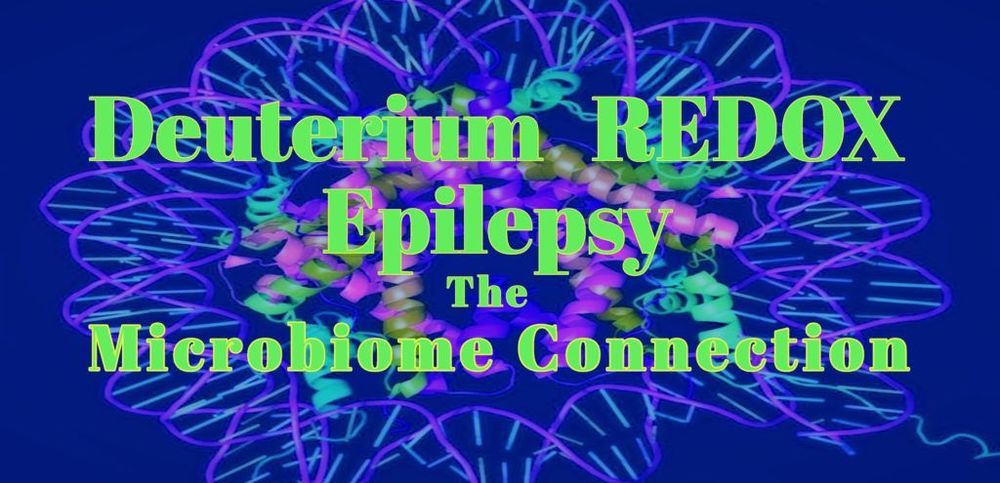Humans choose food based on the way it looks, smells, and tastes. But the microbes in our guts use a different classification system — one that is based on the molecular components that make up different fibers. In a study published September 19 in the journal Cell, investigators found particular components of dietary fiber that encourage growth and metabolic action of beneficial microbes in the mouse gut.
The research aims to develop ways to identify compounds that can enhance the representation of health-promoting members of the gut microbial community. The goal is to identify sustainable, affordable dietary fiber sources for incorporation into next-generation, more nutritious food products.
“Fiber is understood to be beneficial. But fiber is actually a very complicated mixture of many different components,” says senior author Jeffrey Gordon, a microbiologist at the Washington University School of Medicine in St. Louis. “Moreover, fibers from different plant sources that are processed in different ways during food manufacturing have different constituents. Unfortunately, we lack detailed knowledge of these differences and their biological significance. We do know that modern Western diets have low levels of fiber; this lack of fiber has been linked to loss of important members of the gut community and deleterious health effects.”



